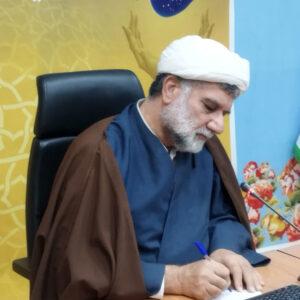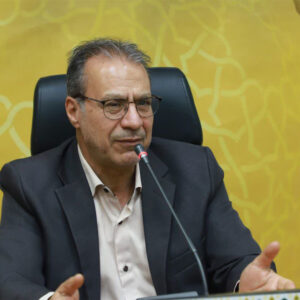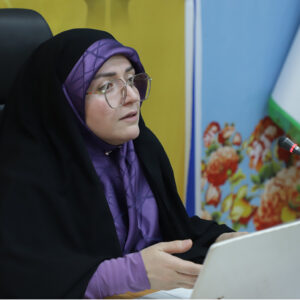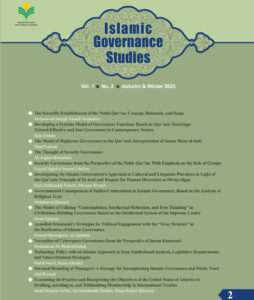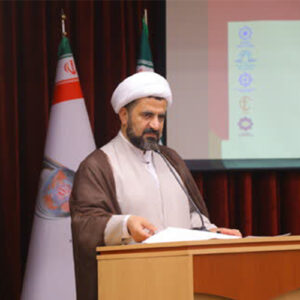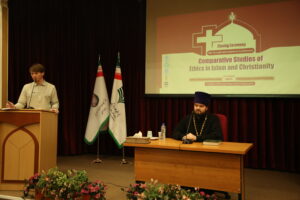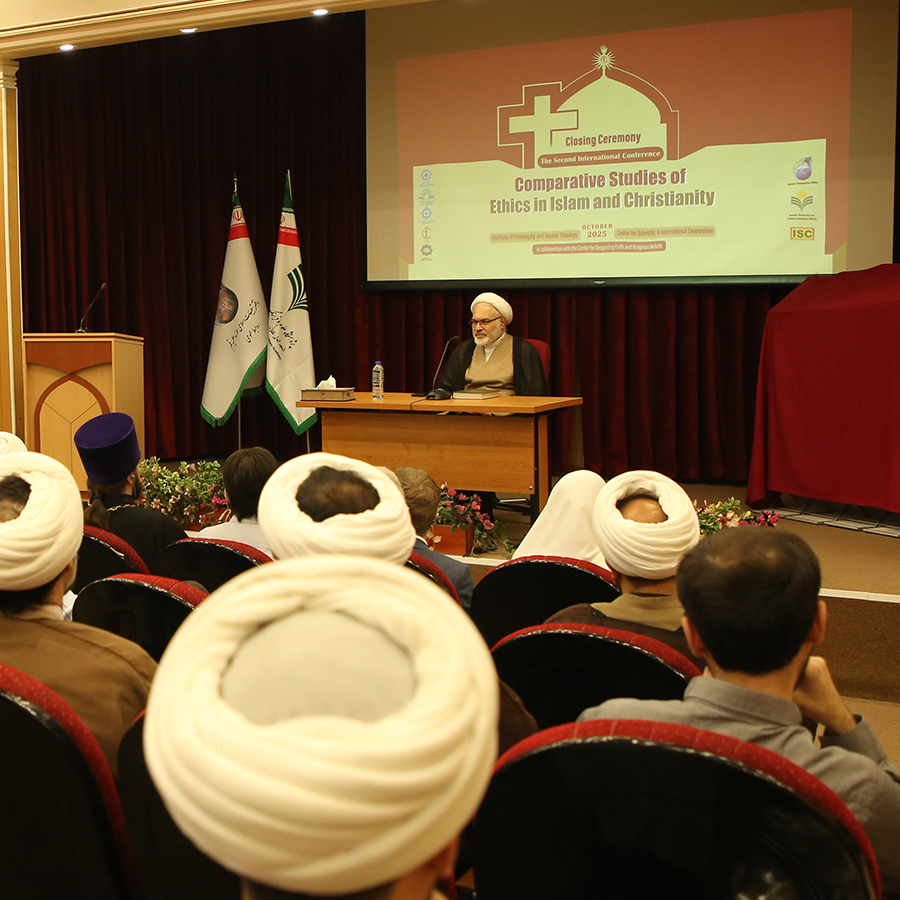Professor Najaf Lakzaei, President of the Islamic Sciences and Culture Academy (ISCA), spoke at the closing ceremony of the Second International Conference on Comparative Studies of Ethics in Islam and Christianity, held at the Sheikh Tusi Conference Hall of the Islamic Propagation Office. He outlined the central purpose of the conference, stating that the mission of the prophets was to restore ethics to the core of human life. Without this, ethical deviations increase, making life more difficult for humanity.
A faculty member at Baqir al-Ulum University, Lakzaei emphasized that the aim of such conferences is to bring ethics—which is central to divine religions and the ultimate goal of prophetic missions—back from the margins into the daily lives of people.
Expressing concern over the current state of the world, he said that ethics has been pushed to the sidelines and is no longer central to decision-making or human action. He warned that if this trend continues, ethical crises will escalate, further complicating life for humanity.
Injecting Ethics into Global Policy and Governance
To restore the role of ethics, Lakzaei stressed the necessity of integrating ethical principles into governance. He argued that ethics must be brought back from the periphery into the social and political life by embedding it in global, regional, national, and local policymaking. In line with the teachings of all prophets and religious leaders, he asserted that politics and power must also embody ethical values.
He emphasized that achieving this requires attention to ethics in the formulation of global policies and international affairs, ensuring that legislation, regulation, and institutional structures reflect moral principles.
Facilitating Ethical Life and Establishing Oversight Institutions
Lakzaei also highlighted the importance of removing obstacles and empowering ethical behavior. He called for facilitating ethical living on a global scale and establishing oversight institutions to annually evaluate the state of virtues and vices worldwide.
Referring to key moral indicators such as honesty, trustworthiness, fidelity, compassion, justice, benevolence, and cooperation, he stressed the need to monitor progress or decline in these areas. He concluded that the world’s current problem is not the lack of belief, as all religions emphasize these values, but the lack of ethical action by those in positions of decision-making, policymaking, and planning.


